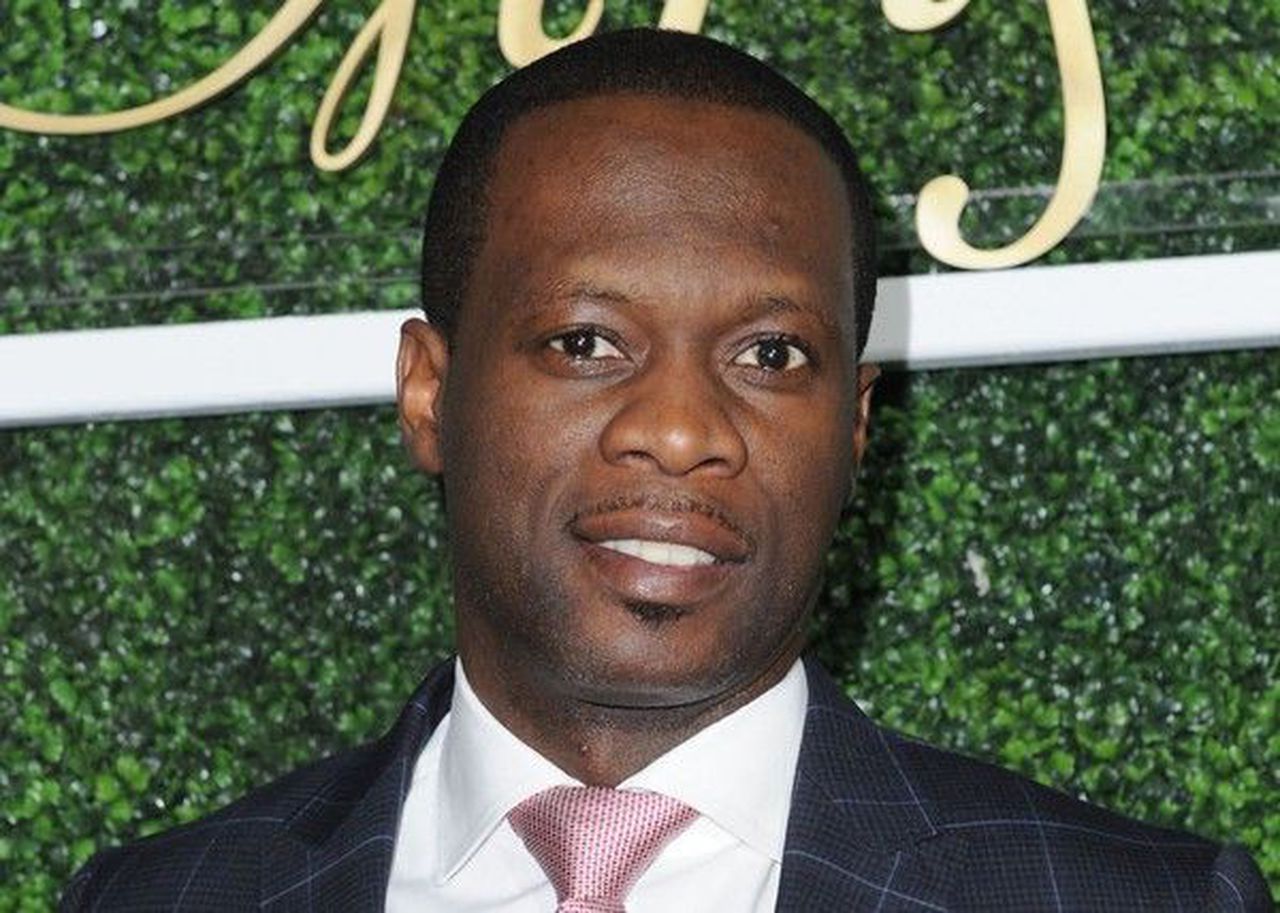Fugees rapped convicted in lobbying case featuring Jeff Sessions testimony
Fugees rapper Pras Michel was convicted in federal court in an illegal lobbying case that included testimony from former Alabama Sen. and ex-U.S. Attorney General Jeff Sessions.
Michel was charged in 2021 by federal prosecutors in Washington with participating in an illegal lobbying campaign to have a dissident Chinese businessman deported and for DOJ officials to drop an embezzlement investigation involving a Malaysian sovereign wealth fund on behalf of financier Low Taek Jho.
Sessions, who was attorney general at the time of Michel’s offenses, took the stand for the defense last week in D.C. federal court.
Sessions recalled two meetings where DOJ officials discussed deporting the dissident, Guo Wengui, including one requested by a Chinese vice minister for public security, Politico reported.
But Sessions said Guo wasn’t deported when he was attorney general and he never took the meeting requested by the Chinese official.
Sessions, the longtime former U.S. Senator from Alabama, also testified that he was unaware of ever meeting Michel.
“I don’t recall ever having met him,” Sessions said, according to Politico.
Still, said Sessions, Michel’s request for a meeting did not have an air of impropriety on its face.
“I think that’s an appropriate action, although the State Department would have an important role to play in that and others, perhaps Homeland Security, since this figure was important to China,” he said.
Sessions wasn’t the only high-profile witness in the case. Actor Leonardo DiCaprio testified for the prosecution on his relationship with Low in a bid by prosecutors to show that Low used stolen money to curry favor with actors, models and politicians in the United States, according to CNN.
Michel was also accused of funneling money from a now-fugitive Malaysian financer through straw donors to Barack Obama’s 2012 reelection campaign, then trying to squelch a DOJ investigation and influence Guo’s extradition case on behalf of China under the Trump administration.
The defense argued the Grammy-winning rapper from the 1990s hip-hop group the Fugees simply wanted to make money and got bad legal advice as he reinvented himself in the world of politics.
The Associated Press contributed to this report.
